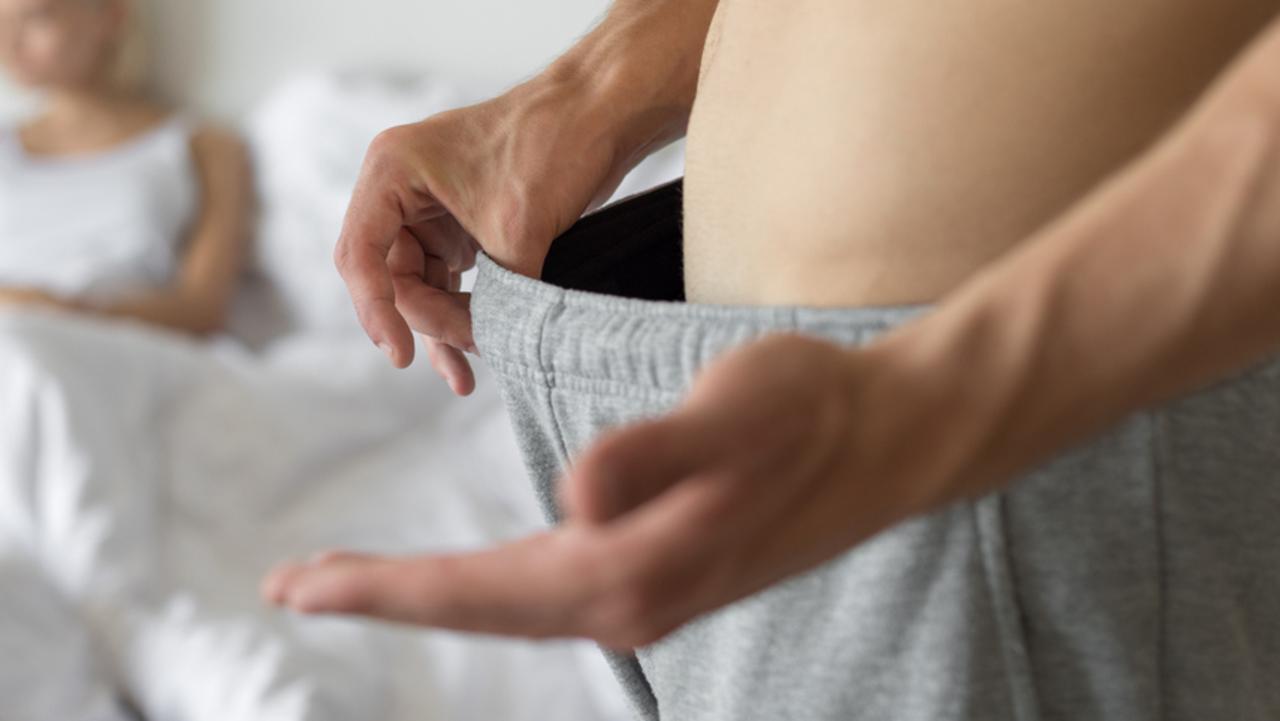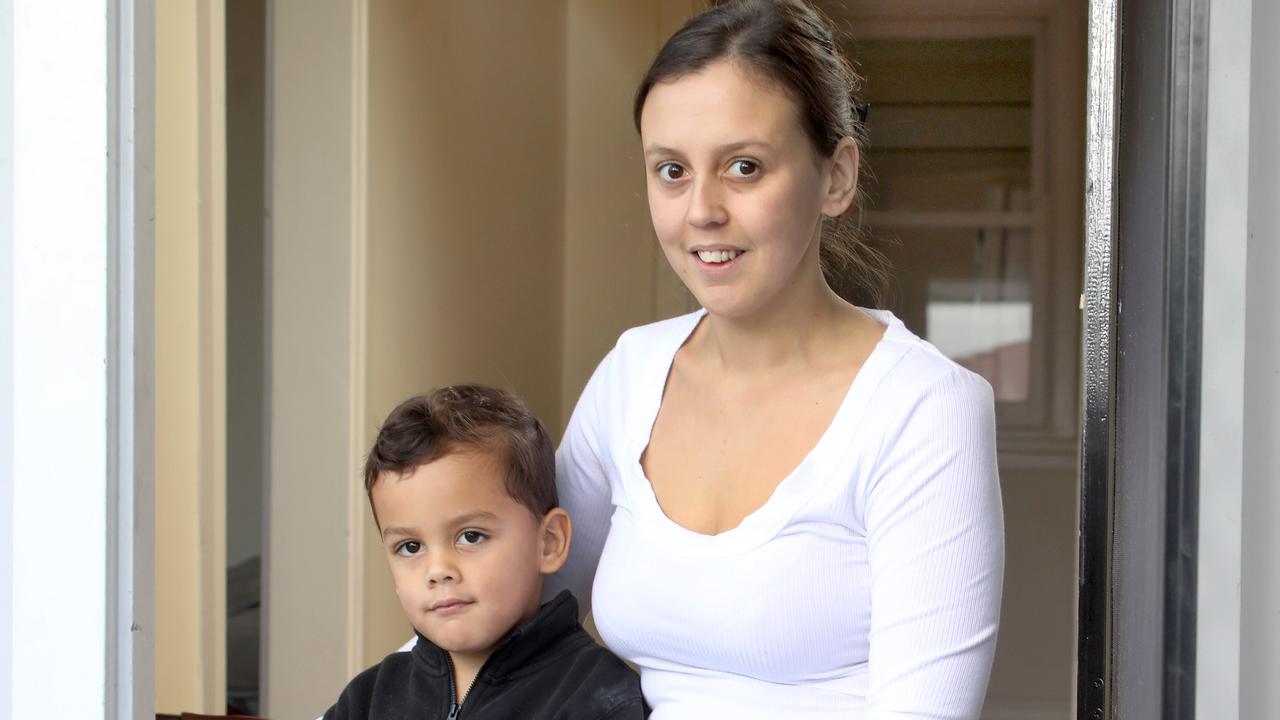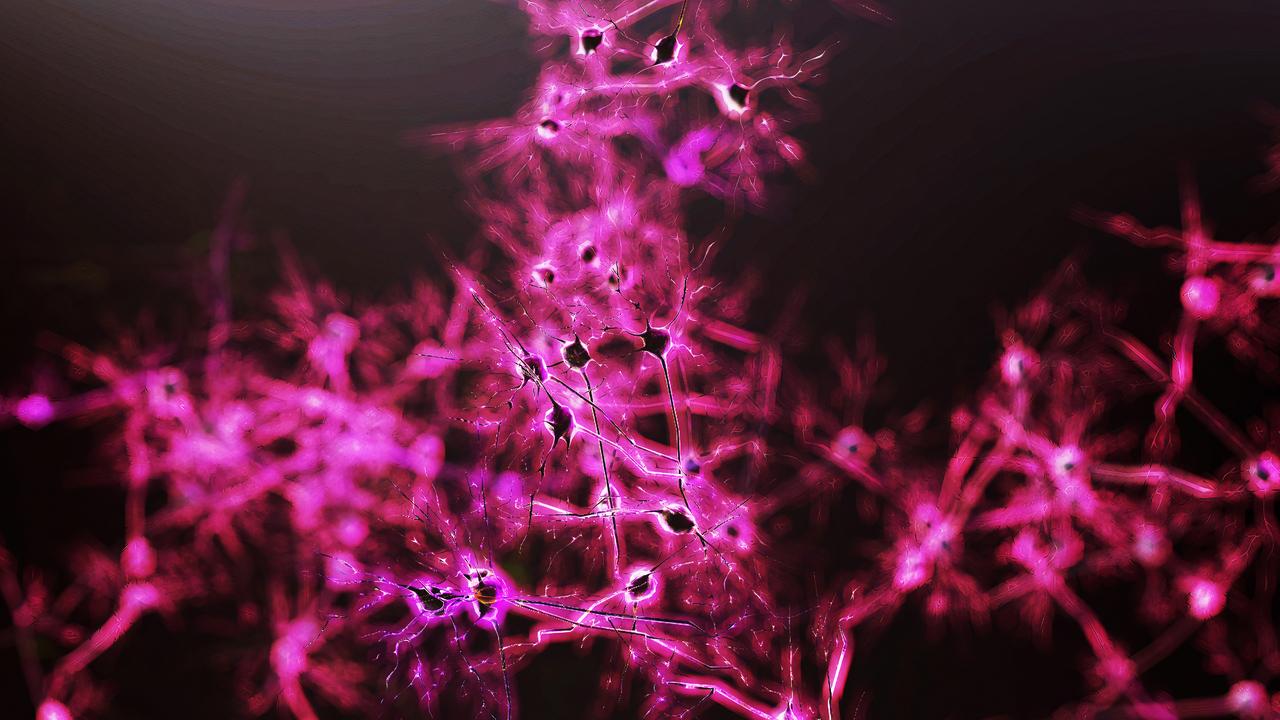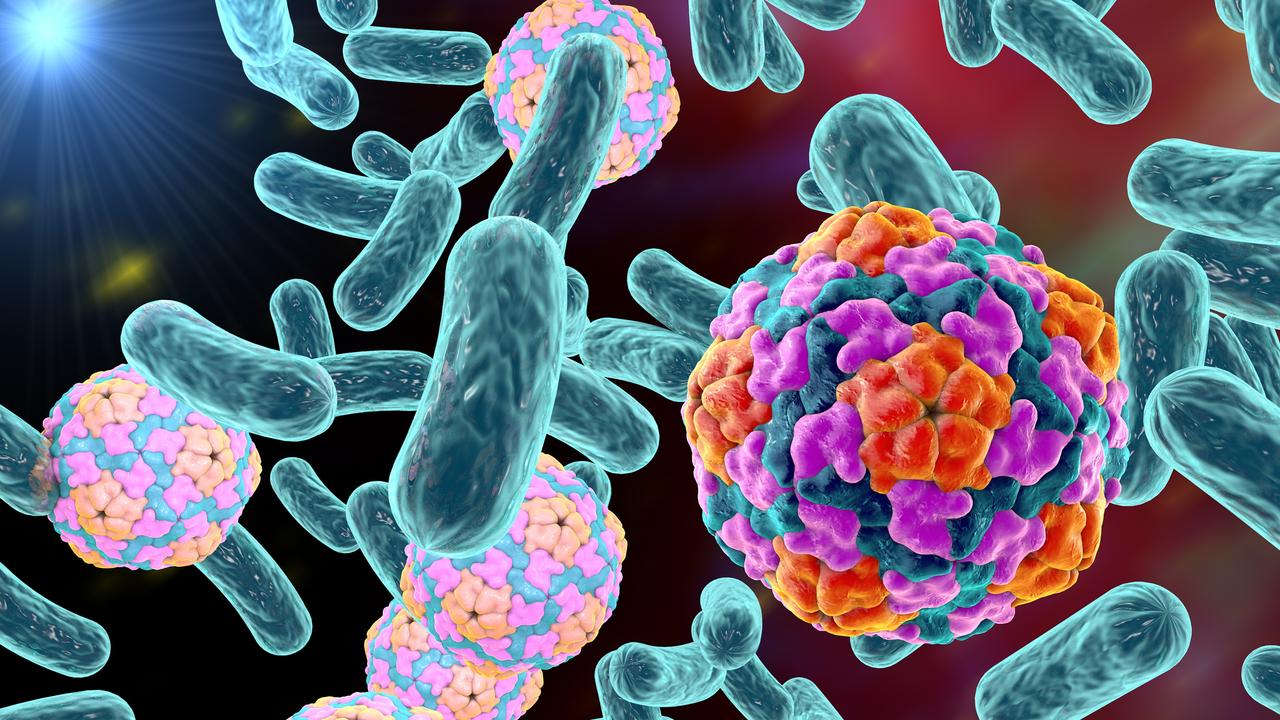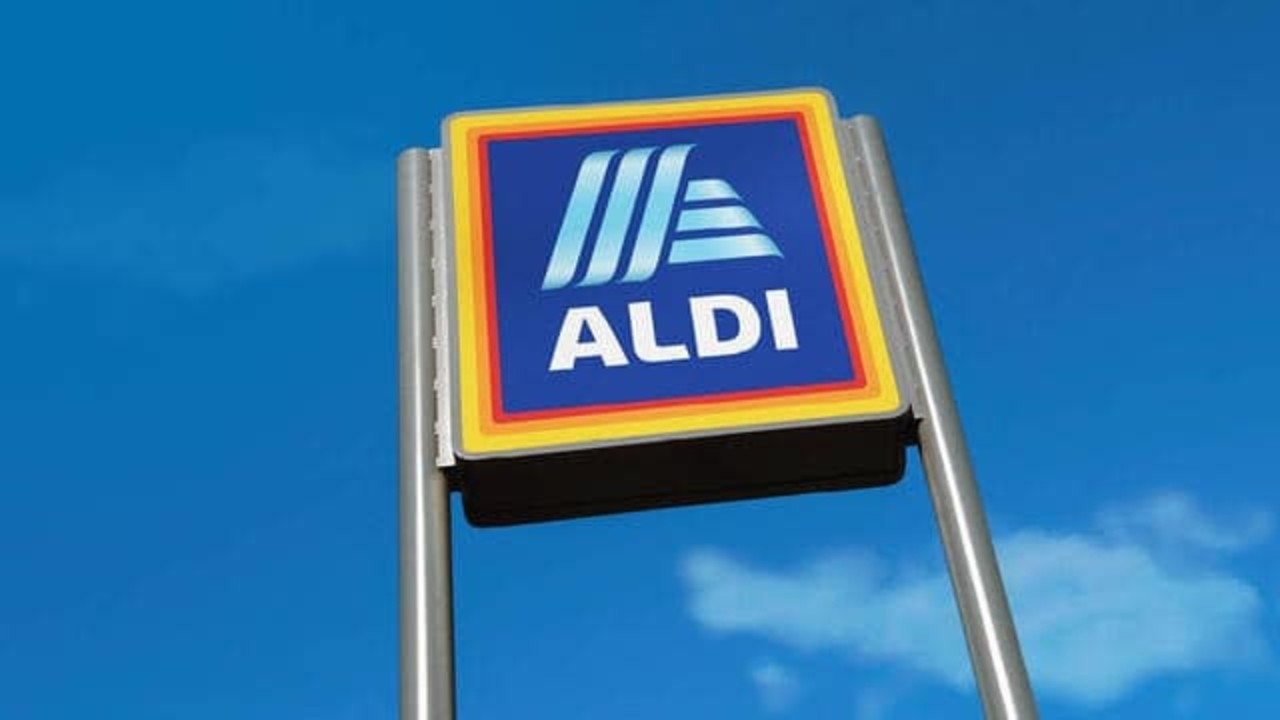How much protein should you eat?
PROTEIN has long been touted as a key ingredient for weight loss. But are you actually eating too much? And what type should you consume?
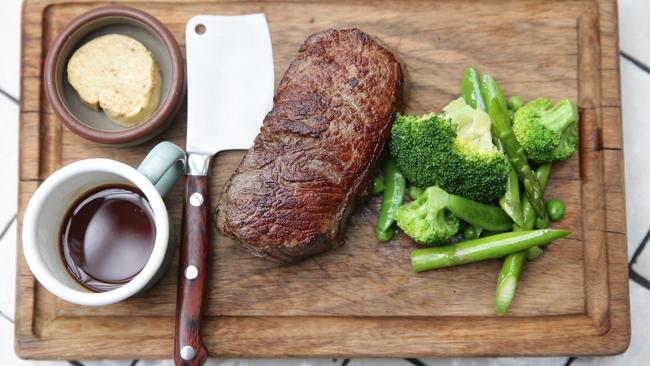
Health
Don't miss out on the headlines from Health. Followed categories will be added to My News.
We’ve all seen fat go to hell and back. Now carbs are in the spotlight. But what about protein? Chances are that you may be actually overeating.
What is protein?
When you think of the word “protein,” what comes to your mind? Some may salivate over a steak bigger than the size of your plate. Others might guzzle down a protein shake.
Food aside, protein has a huge role to play in the body. Protein is responsible for muscle repair and growth, but in fact estimates suggest that about half of the human body’s dry weight is made up of protein, from our skin to our hair, our nails and our bones. It even has a role to play in our blood, for example haemoglobin is a protein, which transports oxygen around the body.
Our immune system is based on protein, our hormones are made up of protein, and even the way that we burn fuel requires enzymes, which are proteins.
Not all the same
Proteins are made up of building blocks called amino acids and there are about 20 of them that the body needs for healthy functioning. Most of these can be manufactured in the body, but there are eight that we have to get from our diet.
Many plant foods, including nuts, legumes and wholegrains can provide a good dose of protein. But the best sources are dairy products, eggs, meat, and fish. Animal protein is complete — meaning it contains the right proportions of the essential amino acids your body can’t synthesise on its own.
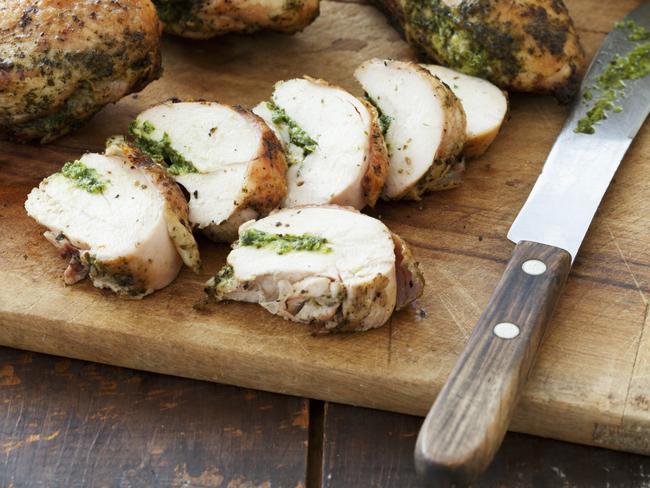
Most plant proteins, with the exception of soy, are low in at least one of those eight essential amino acids. But a vegetarian diet can provide complete protein by mixing those proteins — by having beans and wholegrains for example, not necessarily at the same meal but on the same days, or regularly, will mean that all of those essential amino acids will be consumed in the diet.
Pump it up
Just eating protein goes way beyond building muscle. I know that sounds very simplistic, but a lot of people guzzle down protein shakes or grab a protein bar thinking they’re going to translate into bigger muscle gains.
If it is increased muscle mass that you are after then you need to have the strength-training stimulus, and then eating protein is all about the timing around your workouts, to make sure that the appropriate protein building blocks (amino acids) are in the bloodstream ready to be taken up into the muscle to repair the damaged tissue and to build new muscle.
Just how much?
Official figures recommend around 0.75-0.84g per kilo of body weight, but most people round up to 1g per kg to keep things simple. For example, a 75kg adult male would need roughly 63g of protein per day.
To simplify even further, it is recommended that 15 to 25 per cent of total calorie intake per day is from protein sources. You can happily have up to 2g or more of protein per kilo of body weight and still be within the safe levels.
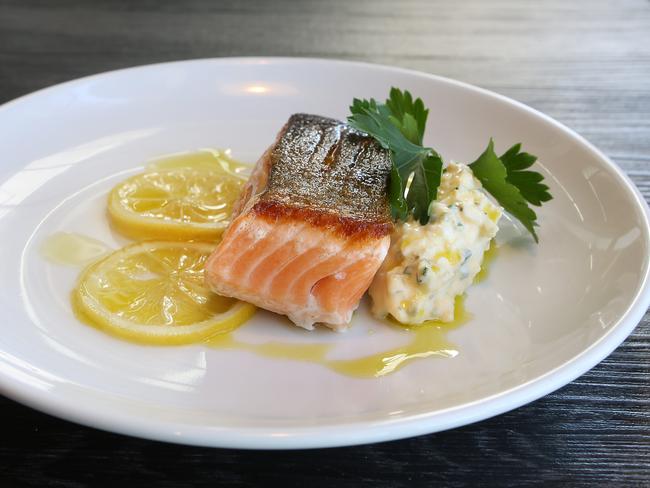
Best Sources
As for where to get your protein, here is a rough guide: There’s roughly 6g of protein in an egg; 36g in 150g cooked fish and 40g in 150g beef or chicken.
A handful of nuts (30g) has about 6g of protein, 35g in 150g cheese, 7.5g in 150g tofu, 10g in 250 mls reduced fat milk and 16g of protein in a cup of cooked legumes.
So therefore that same 75kg male only needs to eat around 225g of beef, chicken or fish a day to get his daily intake. It’s not actually that much.
What about weight loss?
Most of us have heard of someone who has dropped weight fast on a low-carb diet. These diets, such as the Dukan and Atkins diets, and to some degree the paleo diet, or #Banting diets are lower in carbohydrates, which makes the body produce less insulin. And when insulin levels are low, the body burns more fat.
While they might help you drop the kilos fast, these diets are not recommended for healthy weight management. However, what is proven is protein’s effect on satiety (feeling full). It also helps to preserve calorie-burning muscle mass and ensures that you burn body fat instead. That said, this doesn’t mean you cut out carbs completely and consume unlimited quantities of protein without consequences. Total calories still count!
A modest increase in protein, such as including protein-rich sources at each meal is key. In other words, scale down your carbohydrate intake to make room for lean protein.
Kathleen Alleaume is a nutrition and exercise scientist and author of What’s Eating You? @therightbalance
Originally published as How much protein should you eat?


